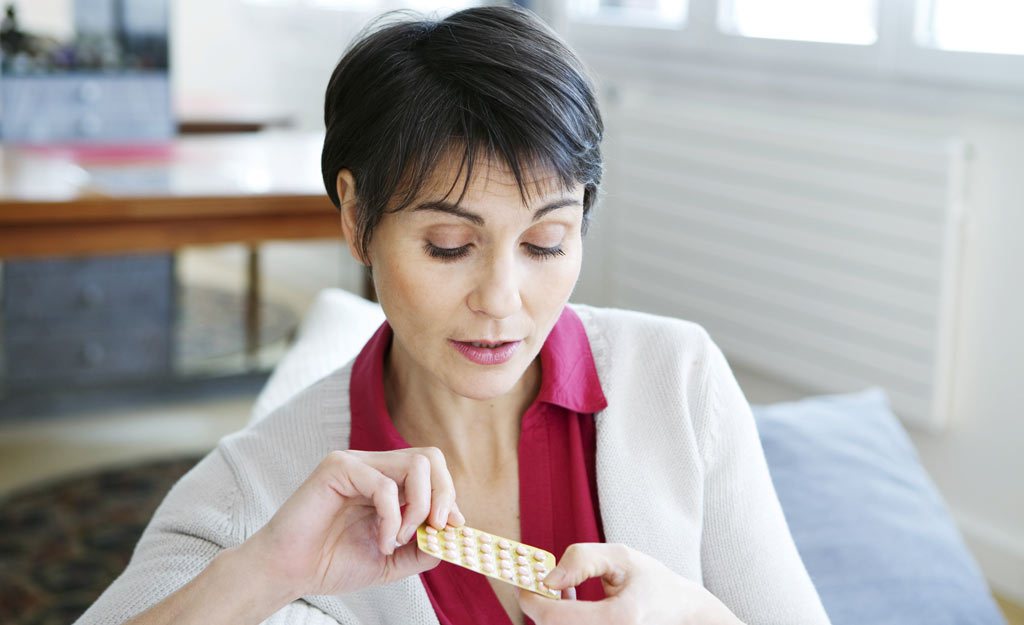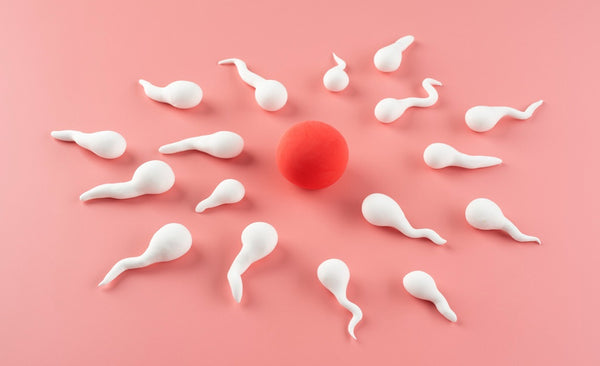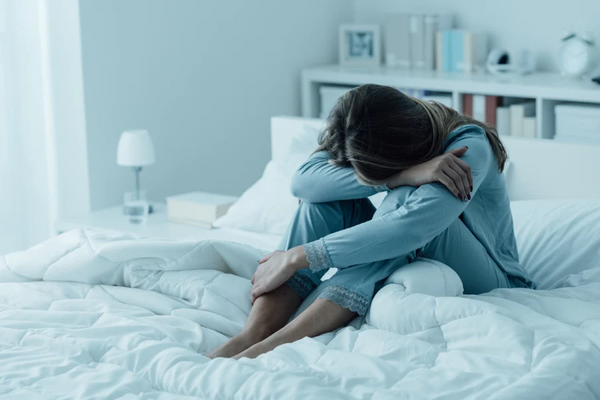
Treating Hormonal Imbalances with Hormones – Is There a Better Way?
Ever since the invention of synthetic hormones for contraception, hormone therapy has been the go-to treatment option for the medical community. But is it the best option or are we doing more damage than good?
Modern medicine has evolved as a supply and demand model. People demand fast results, so pharmaceutical companies develop fast treatment options with little consideration for the totality of the human form. Hormone therapy and hormonal contraceptives fit squarely into this model.
I cannot blame the medical profession because it is the consumer that has demanded this model. However, there are deeper issues that need to be considered and I spend a large bulk of my time dealing with the secondary consequences of hormonal therapy and trying to educate women on why they're suffering as a result.
The downsides of hormone therapy
Contraception aside, the fundamental concept of treating hormonal imbalances with hormones is flawed. It is impossible due to the fact that hormones literally shift hourly.
"What will your body do when you add a hormone
into the system?"
Well, the answer is that it automatically reduces the production of its own hormone levels, which compounds the existing problem.
Now for menopause, your body does not stop producing hormones completely. There is a transition period where your body needs to start producing hormones itself via the adrenals and also still from your ovaries. By adding hormones into the system, "natural or not", you stop this process.
For younger women, you need the natural production of your own hormones to be in balance and the blanket dosing of hormones via the pill or other hormonal contraceptives switches off your own innate production. This may improve your symptoms or even stop the natural process of menstruation; however, the underlying imbalance continues.
There is a saying that you cannot stop a river flowing. It’s the same for your endocrine system and if the symptoms are suppressed, the effect will resurface elsewhere, often in a more sinister and chronic manner. These symptoms may include weight gain (there is a reason farmers gave hormones to cattle), foggy brain, irritability, mood swings, libido changes, thyroid issues, fatigue, endometriosis, PCOS, and fibroids. The list goes on.
For women who already have an issue with hormone metabolism (which is the case for most chronic hormonal imbalances), synthetic or natural hormone replacements are literally a poison to the body. Women who've always had painful periods from the start of menstruation may be able to relate to this, as the first point of treatment is often the pill. These women react poorly to the pill and symptoms often get worse.
After many attempts with different options and symptoms only getting worse, often these women end up with hysterectomies. This is particularly common among those with endometriosis and PCOS who simply cannot metabolise hormones via the liver and GUT. Often there's a genetic predisposition for these women.
I realise this is radically different from the mainstream school of thought, but from years of balancing women properly, I know there's a better way for overall health and wellbeing.
For a very small percentage of women, this may be the best option; however, for the bulk of ladies, you should investigate other options. Instead of trying to suppress hormonally-related symptoms, it's far more successful to balance the hormone control centre in the brain – the hypothalamus-pituitary axis. Only herbal medicines which are adaptogenic can achieve this result.
A healthy & natural alternative
Black Cohosh, Chaste Tree and Sage (all contained in Happy Hormones) are the three most effective herbal medicines to achieve this. They do not increase or decrease hormones directly. This is a misconception created by people who don’t understand how the endocrine system works or how these herbal medicines act.
They are called adaptogenic herbs because whatever the hormonal imbalance, they correct it by balancing the hormone control centre - not influencing hormones directly.
Many people just can’t comprehend this concept because it's so foreign an idea when you're used to trying to correct hormonal imbalances by prescribing hormones. But it’s a much smarter and sophisticated way to manage hormonal imbalances and avoid all the side effects which go with hormonal prescriptions.
The other important part of correcting hormonal imbalances is to look at the core issue that caused the imbalance in the first instance – hormone metabolism. When your hormones are not metabolised correctly, they re-circulate in the body and cause the control centre in the brain to become confused in its own production.
Then, adding synthetic hormones on top of these issues totally disrupts the body’s own ability to regulate hormones. So we need to go back to the liver and GUT to improve this functionality and allow the body to effectively excrete hormone levels.
Once this occurs and you remove synthetic hormones, the body will balance itself naturally with the help of diet, lifestyle and Happy Hormones – which accelerates this balancing process.





















